Sunday Mail Column 24 January 2010
You know what I miss? Mixed tapes. (Insert pause as I reminisce about making slightly lame mixed tapes full of Bangles, Eurythmics and WHAM tunes)
Today it’s easy to make a playlist. There’s no hard work involved. I’m eye-rolling as I type. But back in the primitive 80s, you had to hover over your cassette deck ready to pounce on the play + record buttons as soon as Paul Young’s “Common People” started.
And nothing said, “I love you” like a mixed tape complete with handwritten notes of all your favourite songs. It was the ultimate act of intimacy and a pretty easy way to tell if your par amour was the one. I remember one friend insisting she couldn’t possibly date someone who didn’t “get” the genius of Bros (suffice to say her dating pool was rather small).
If you want to skulk down memory lane, listening to your old mixed tapes is as effective as flicking through a photo album. In ’88 my perm and I spent many angsty hours listening to Aretha’s Natural Woman as I pined over a boy called Gavin. That year’s mixed tape was less Bananarama and more Aretha and Dusty Springfield and, okay, Air Supply.
We forget how powerful music – both listening to it and creating it – can be in our lives.
Felicity Baker is the Program Director of Music Therapy Training at the School of Music at University of Queensland. Felicity explains to me that music therapy is the creative use of music within a therapeutic context. It can help everyone from newborn babies to your ninety-year-old grandmother, children with disabilities or who have experienced trauma, people with mental illness including those with eating disorders, anxiety, depression, drug abuse, schizophrenia or post-traumatic stress disorder, people with brain injury and older people with dementia, degenerative diseases such as Parkinson’s Disease, and those with cancer.
In short, music heals.
I ask Felicity for an example of how music therapy can work and she tells me about a man who had received a head injury and was no longer able to verbally communicate.
“He was able to use a spelling board to write short sentences,” she says. “In our first music therapy session he wrote a song to his wife to tell her how he was feeling and how much his life with her and their young baby meant to him. I played and sang the song to the wife as they sat together, held hands and cried.”
Felicity and her colleagues are conducting a study with couples – who live at home – where one spouse has dementia. Their study shows couples how to use music strategically and effectively so they increase the amount of meaningful time spent together, sharing enjoyable experiences. Couples interested in participating in this free program and who live at the Gold Coast, Sunshine Coast or Brisbane should call Felicity on (07) 336 53740 or 0415 615327.
www.rebeccasparrow.com
categories
You might also like...
1 Comment
Leave a Comment
About Bec
Over the past 25 years Rebecca Sparrow has earned a living as a travel writer, a television publicist, a marketing executive, a magazine editor, a TV scriptwriter, a radio producer, a newspaper columnist and as an author.
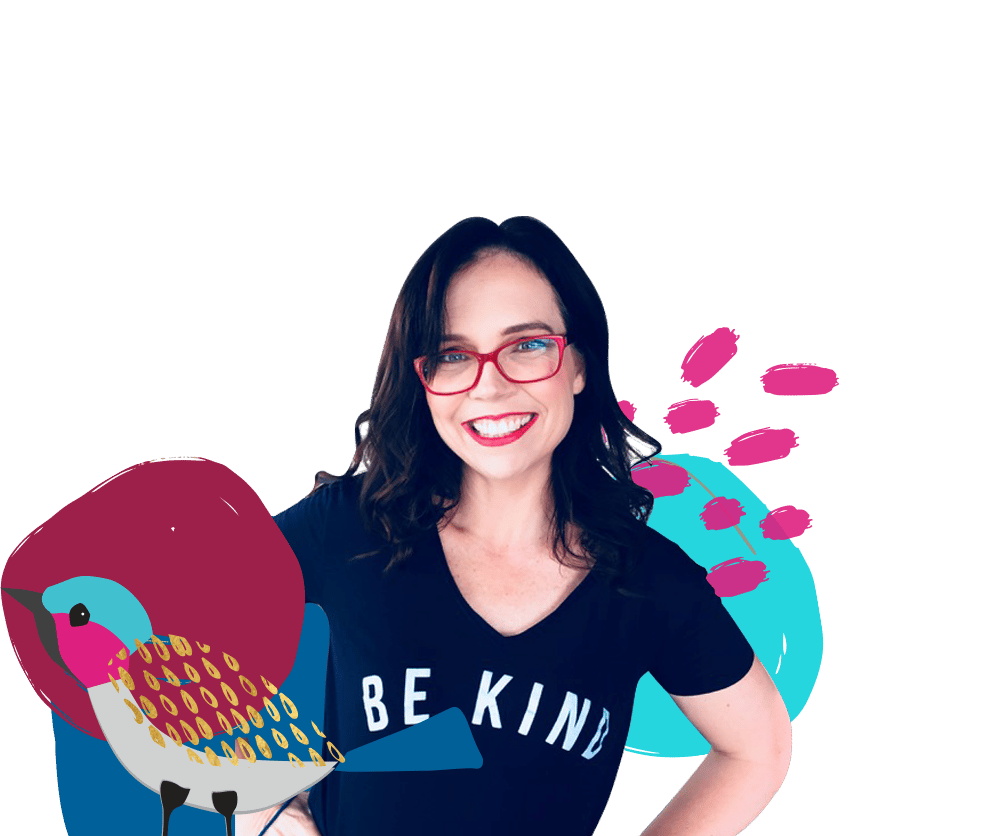
social media
subscribe
Want to know if your child is ready to have a social media account?
Enter your details below and I'll send you my 4-point checklist.
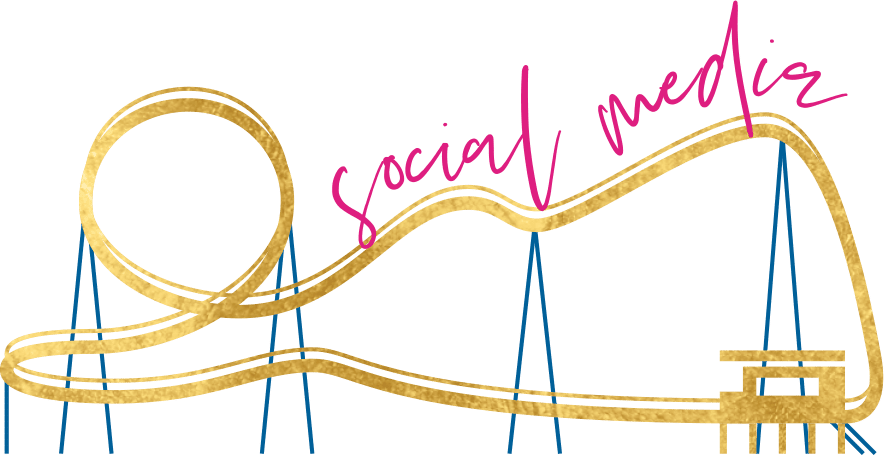

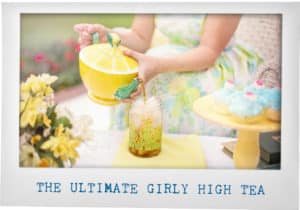
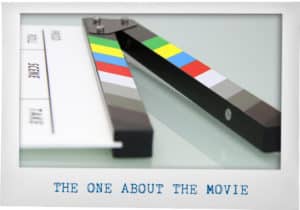
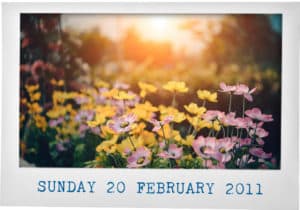
The topic of music is very close to me as I write tracks and songs. I like creating playlists. And thanks to soundcloud promotion I was able to quickly promote my music. I have more listeners and my tracks have become much more popular.